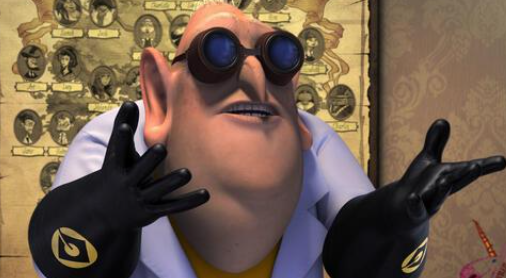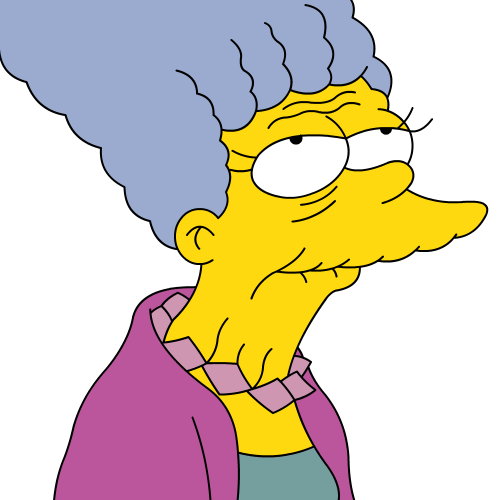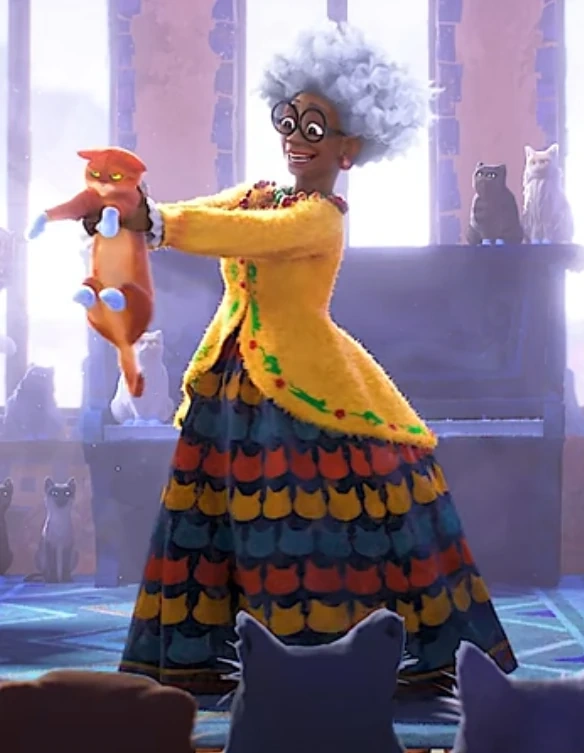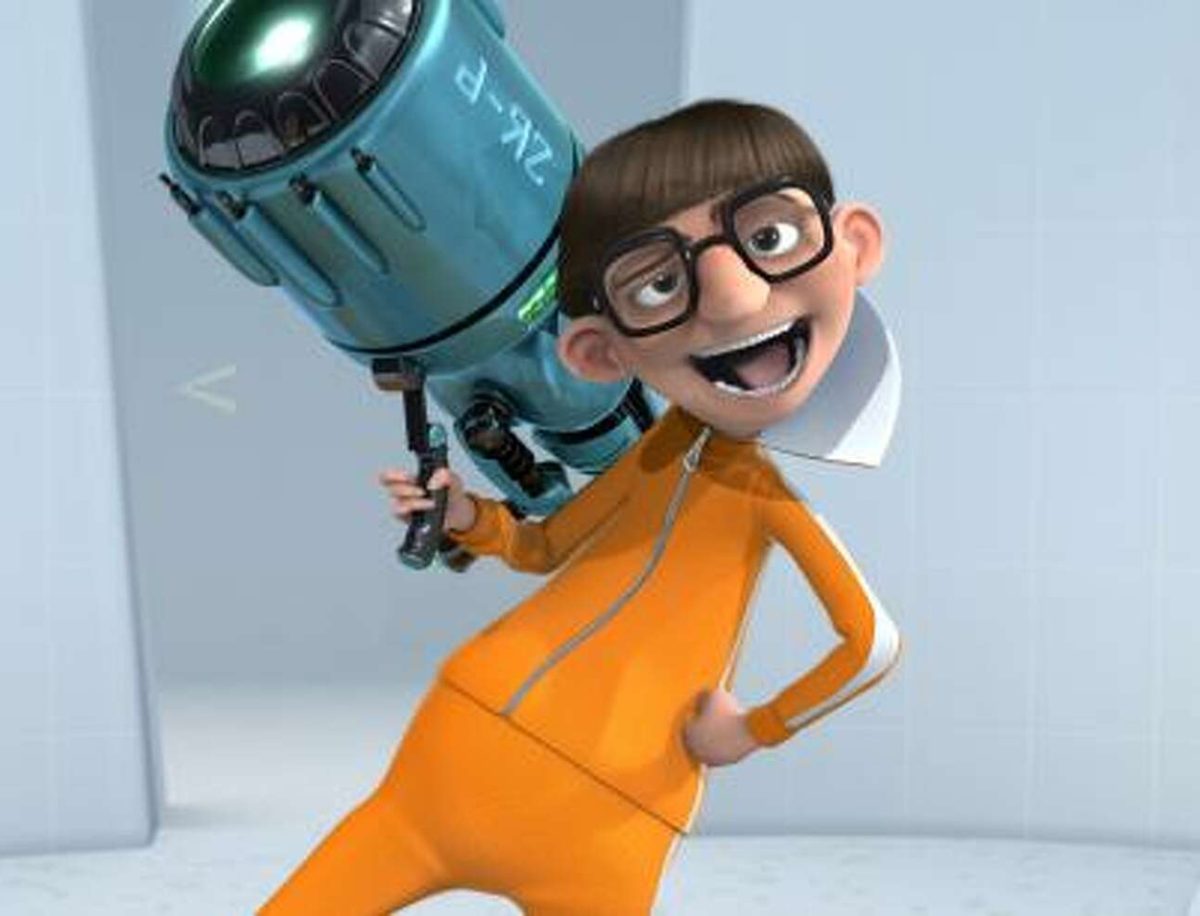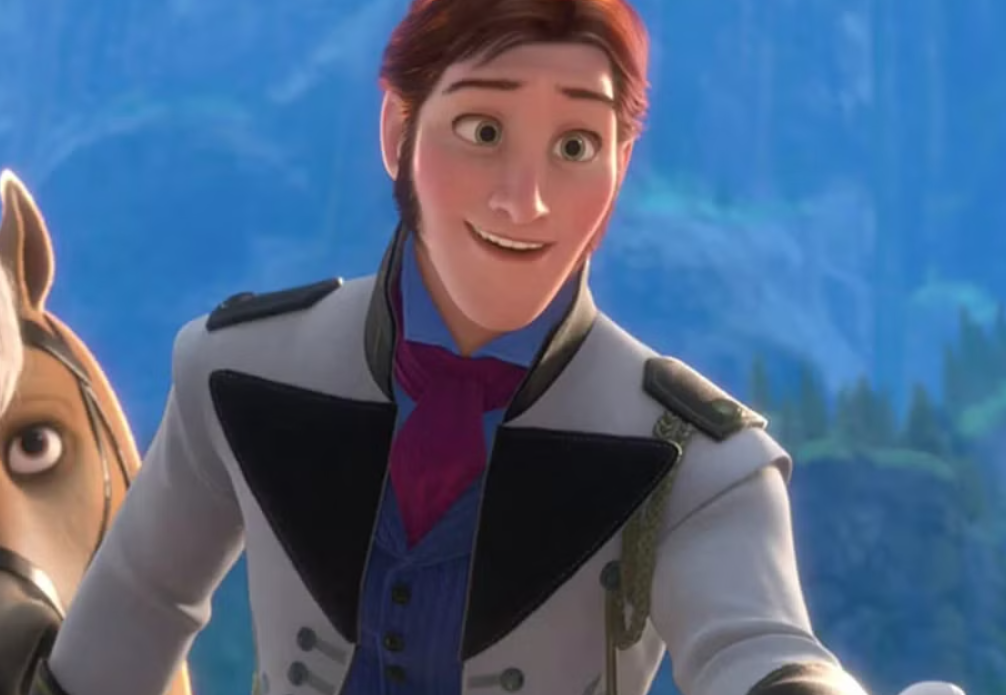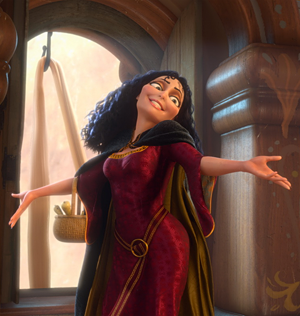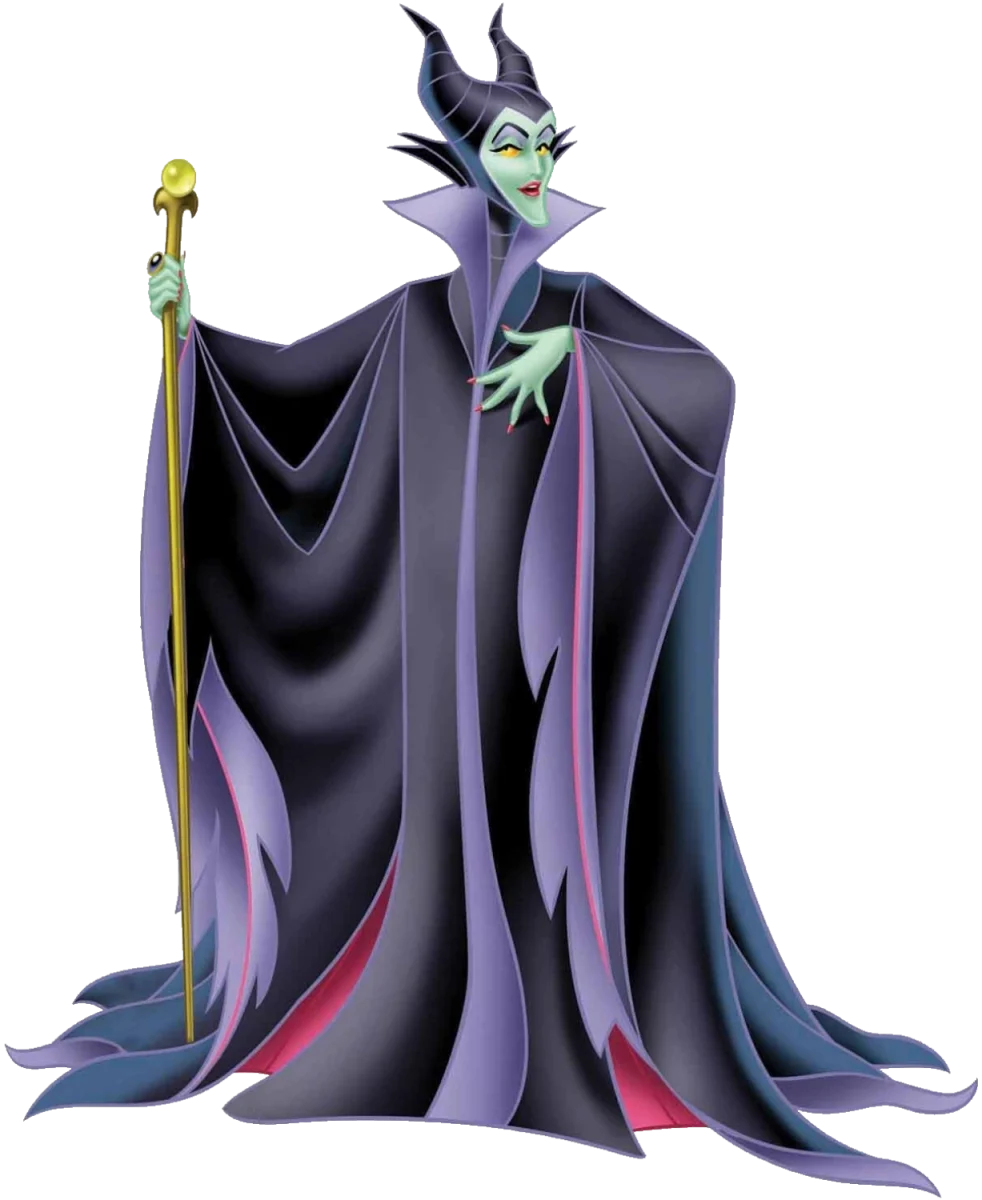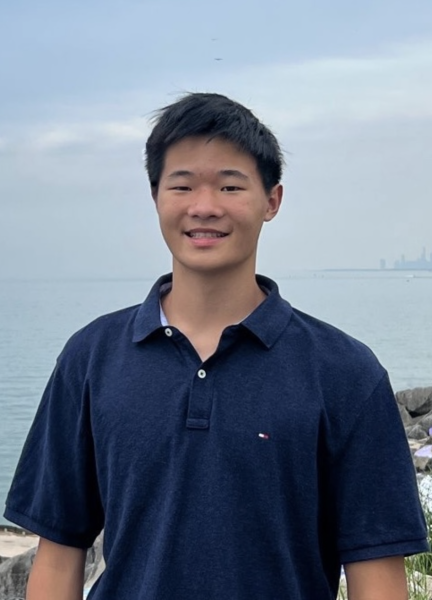My writing sucks, or that’s what I believe. Trust me, reading and writing are some of my weakest subjects, and it still was when studying for the SAT. If you ask anyone who knows me, I’m a STEM NPC, partly because of those traumatizing Kumon days as a child (thanks Mom and Dad, for real), and I would’ve loved to flex my love of math right about now, but I know for a fact Ha-Yeon would get up out of her chair right now and slap me. So if you told me as a child I would end up as the Editor-in-Chief of the Churchill Observer, I’d think you’re crazy. Yet here we are right now: my last ever article for the Observer, finishing my job as EIC and waiting to hear my name and walking across the UMBC stage in a week.
I sometimes wonder how I ended up on the Observer. I still remember picking up my older sister, Miranda, from WCHS around 7 p.m. every month because of her production nights as her time as the Copy Editor when I was still in middle school. She always told me to join the Observer when I got to high school, but I never took her advice seriously. It wasn’t until I chose classes for freshman year that I met Ms. Zitnik in the Hoover cafeteria, promoting the Observer to lost eighth graders.
Quite simply, I decided to sign up for journalism since it could fit into my schedule and I hoped to improve my writing, but my first experiences were much different from most students. My first day was not in Room 243, nor at WCHS, but in the bedroom, staring into a monitor. At first, I didn’t know whether or not I wanted to continue with this class, but I quickly grew fond of what I was learning, even if I only knew the people in my class as black boxes and their names.
I first learned how different this was compared to a typical English class. Sure, we still wrote, but I quickly learned the difference between an article and an essay and why the particular format of an article was so important. The second thing I learned, which was the most important, was how journalism could make my voice be heard. As I authored my first article in the Churchill Observer, highlighting the vandalism of neighborhood Asian restaurants and surging anti-Asian crimes, the response from fellow students showcased journalism’s power to amplify overlooked voices. It transformed my isolation into a conversation.
This newly developed passion helped me transition into the official Observer class with all of the staff. Because of the pandemic, I’d never interacted with any of these people, and it didn’t help that I was “the other Jeremy.” Yet at the same time, all the other J2s felt the same way. So we five sophomores, Ha-Yeon, Caroline, Abbas, Nate and I, quickly got along, and suddenly, they were not black boxes on a screen. Even today, we still sit in the same corner of the classroom as Ms. Zitnik’s desk. Luckily, we rapidly grew into 13 juniors. Whether we walked 30 miles around NYC, ate our way through Trader Joe’s catalog, worked in a barf-infested room, stressed over why text boxes in InDesign kept disappearing, been in a class since kindergarten or were about to spend another four years in college (go Quakers), I will miss our daily 45 minutes together in Room 243 and those l-o-n-g-g production nights.
Many people ask me, “Jeremy, why are you in this class if you want to study engineering?” The truth is that the skills developed within the newsroom are 100% universally applicable. The attention to detail demanded in journalism mirrors the precision necessary for engineering calculations. My experiences with research for articles—digging deep into subjects, verifying information and presenting it with clarity and context—mirror the investigative processes fundamental to the scientific method. As I step into the next chapter, I carry with me not only fond memories of crafting articles under the pressure of looming deadlines but also the analytical and communication skills that will shape my approach to thinking.
To wrap this up one last time, thank you to the J for everything it’s given me. Thank you for teaching me to be less afraid when I see a blank doc. Thank you for giving me the free time to do what I want, whether doing homework, yapping, working on AP Chem or crying about AP Chem. Thank you for allowing me to meet new people in and out of the classroom and for giving me a community I belonged in for four years. If there’s one thing I’ve learned, it’s that stories have power—the power to change minds, to start conversations and to connect us even in the most unlikely circumstances.
Lastly, to those who will continue walking the halls of WCHS and especially in Room 243, I know how hard it is to endure this panopticon of a high school, but please remember to never be one-dimensional, never take anything for granted, always celebrate the highs and process the lows (because there will always be) and always listen to your older sister.


